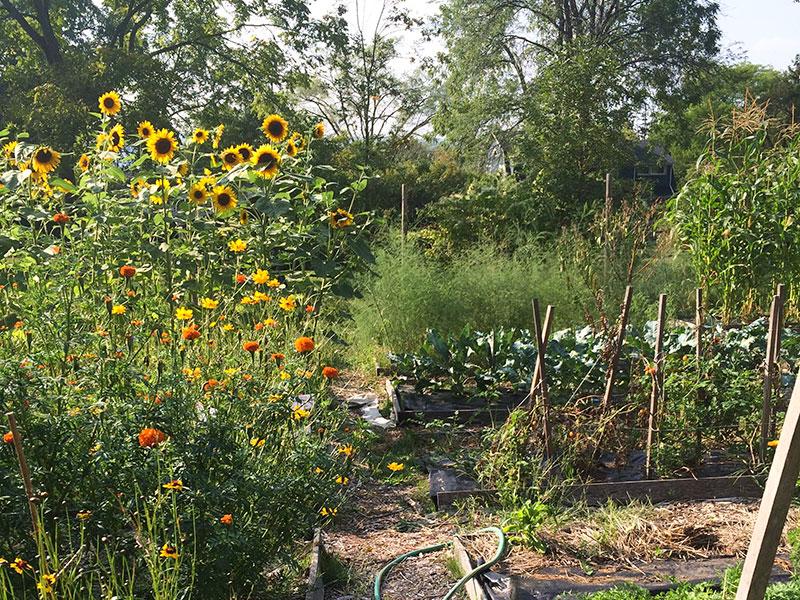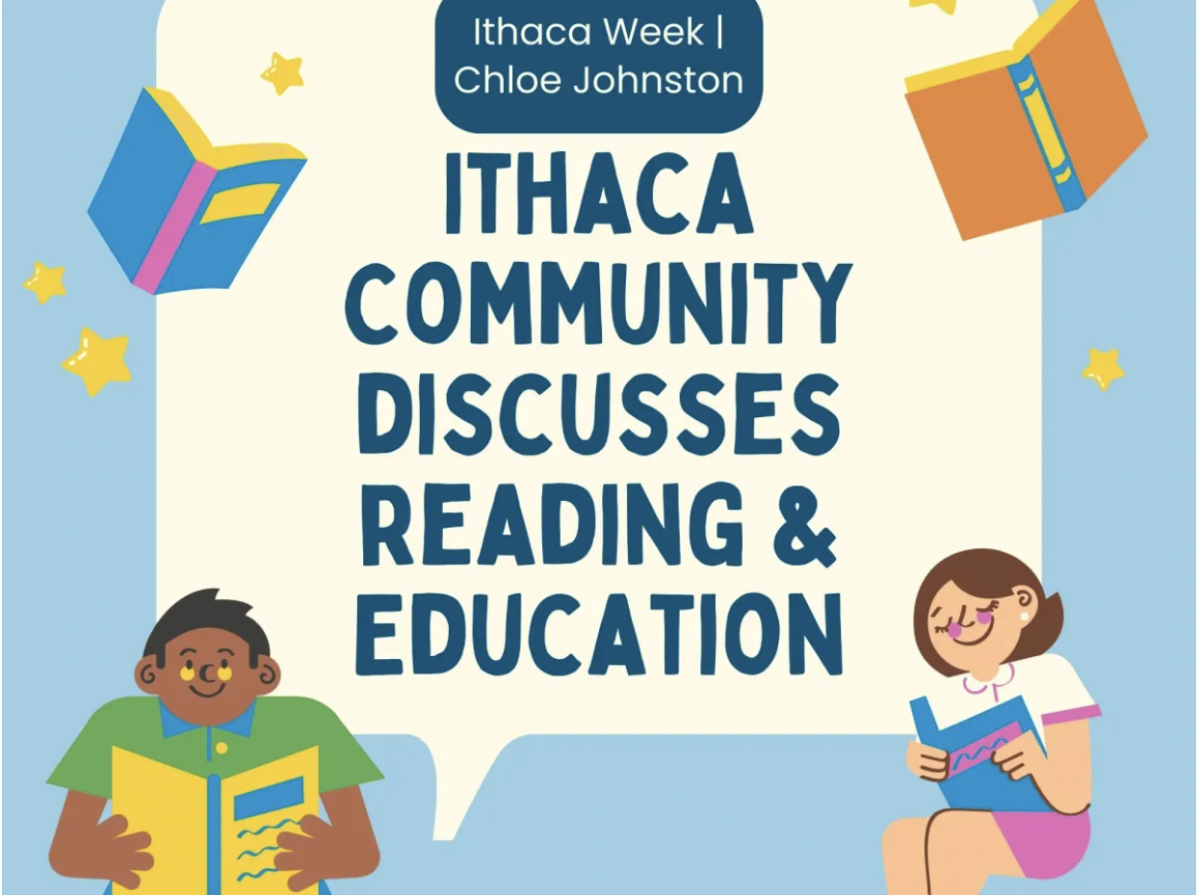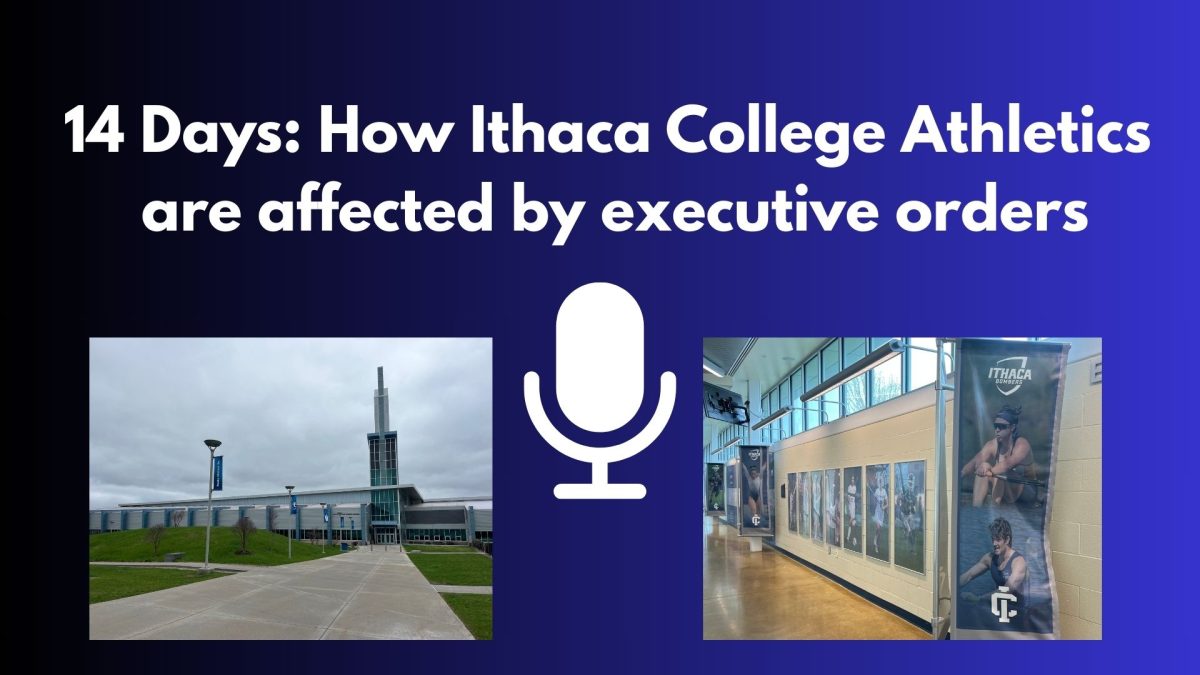In Fall 2015, Food and Society and Globalization of Food, a health course and sociology course, respectively, will be implementing the college’s on-campus organic garden to create a learning experience that will allow students to better understand their coursework in food systems.
Bhavani Arabandi, assistant professor in the sociology department, teaches Globalization of Food and said she moved it to the fall semester so that work in the organic garden could be added to the curriculum.
Arabandi said she thinks the garden will provide a great hands-on example of many class topics.
“In terms of practical skills, students will learn about soil systems, growing and weeding, protecting the plants from pests, and harvesting food,” she said.
The garden, located between the college’s Public Safety facilities and Danby Road, will introduce not only these skills, but also larger concepts that can be better learned through experience than lectures, Arabandi said.
“They will also learn to connect local and global issues related to food systems,” she said. “They will cultivate networks within the community, work with local organizations, and develop teamwork and leadership skills that will translate well to the job market after they graduate.”
Senior Richard Gaunt worked in the garden for the past two summers as part of Ithaca College Organic Growers, an on-campus organization made up of students who tend to the organic garden year-round. He is also the student manager of the group this year.
Gaunt said he thinks working in the garden is a great addition to the curriculums of these classes.
“It makes it so that students are not just theorizing about food, and experience what goes into the process and where food comes from,” he said. “It centers on having a more deliberate approach to food and food systems. It adds more perspective.”
Gaunt is also enrolled in Globalization of Food and will get to experience the garden in new ways that supplement what he will be learning this semester, as well as develop critical-thinking skills that research shows has the potential to make him more marketable to employers.
A study conducted by the Association of American Colleges & Universities in January 2015 found that 80 percent of employers find the ability to apply knowledge to real-world situations very important during the hiring process.
Arabandi said this coursework will help students develop a deeper understanding of the world around them.
“Exploring how food shapes us, our culture, and how we in turn shape food, the course reflects a more nuanced understanding of the global economy and our place in it as workers, producers, consumers, and global citizens with responsibility,” she said.
Gaunt also shares this view on the importance of garden work. He said being a part of the process from the beginning can help students appreciate the steps that it takes for produce to reach us as consumers.
“Food systems in general tie everything together,” he said.













